Displaying 16 - 30 of 285
U.S.-Caught Sharks Are a Sustainable Food Choice
While overfishing has greatly depleted some shark populations overseas, U.S. shark fisheries are some of the most sustainable in the world.
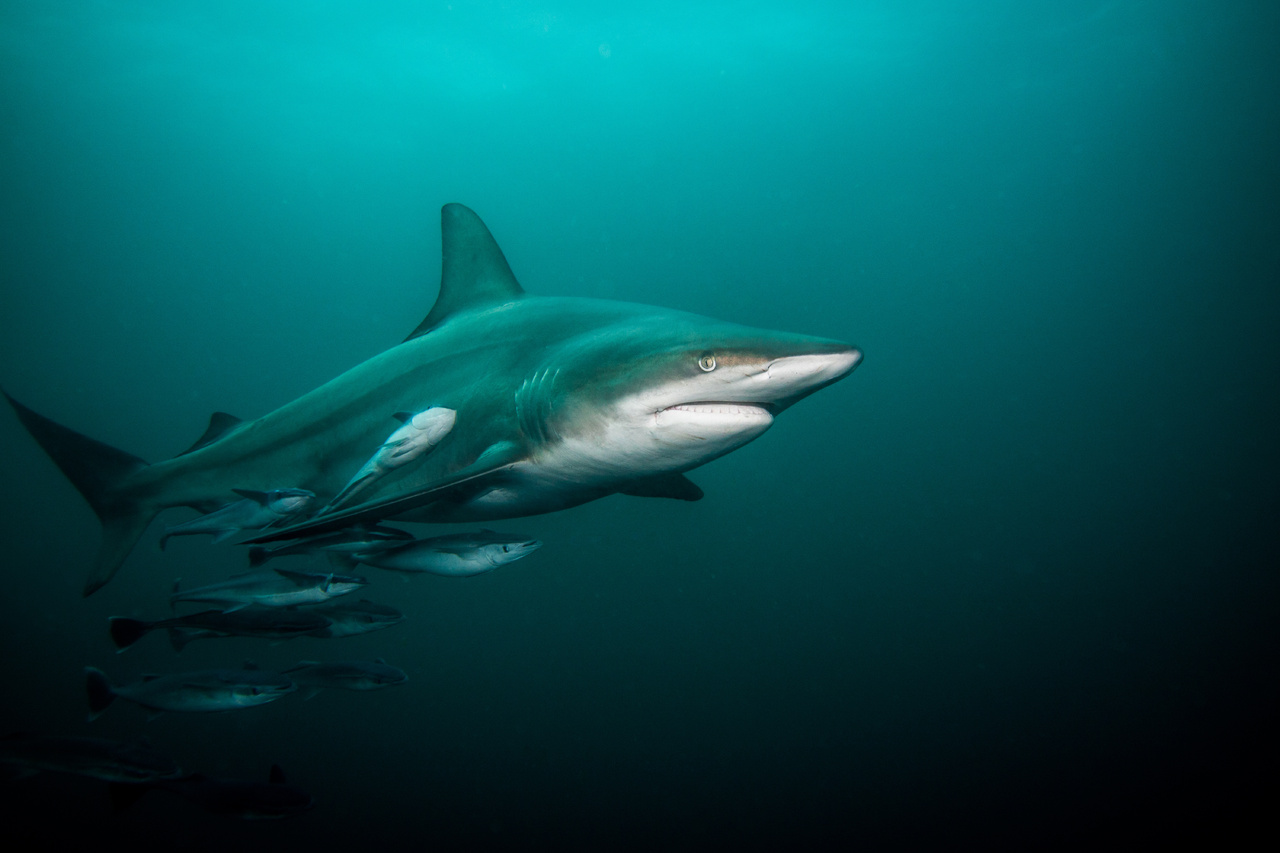
Study Reveals Link Between Shark Physical Traits and Ecology
Accurate drawings provide insight into the lifestyle of sharks.

Tagged Hammerhead Shark Travels Widely In Warm Pacific Waters
A hammerhead shark has traveled more than 1,000 miles since NOAA Fisheries researchers tagged it near San Clemente Island about two months ago.
How Our Shark Finning Ban Helps Us Sustainably Manage Shark Fisheries
Hear from a shark management expert about our requirement that fishermen bring sharks to shore with their fins naturally attached.
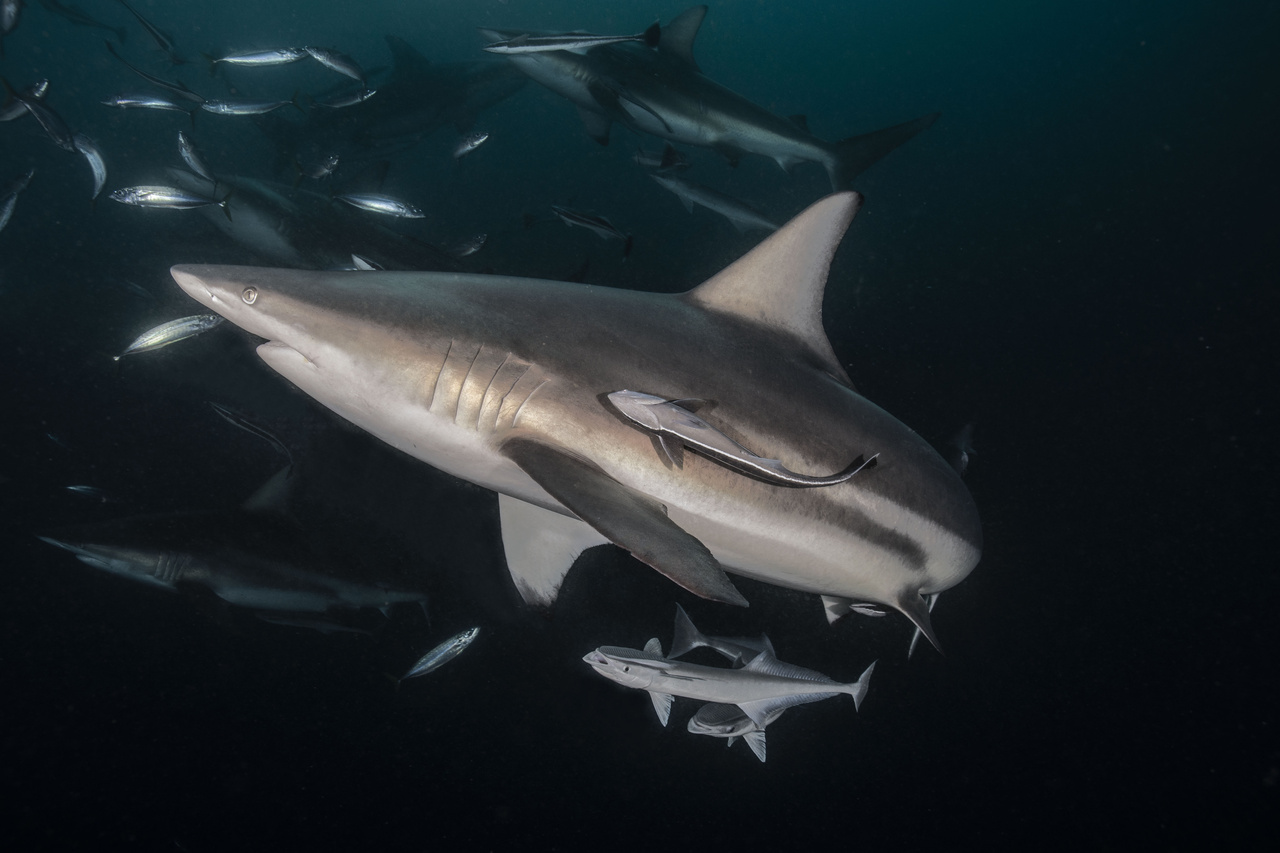
Six Steps to Sustainable Sharks
Keeping U.S. shark fishery sustainable is a complicated scientific and management process. To help explain it, we’ve broken down our approach into six steps.
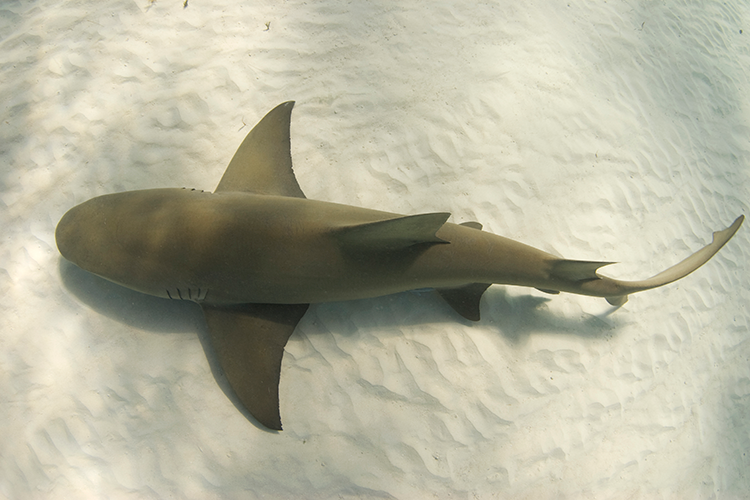
Atlantic Shark Fisheries Management Highlights: A Timeline
Highlights of Atlantic shark fisheries management from the 1976 to 2023.
Shark Population Assessment Group
Research conducted by the Southeast Fisheries Science Center
Debunking Common Shark Myths
We're taking a look at some common misconceptions surrounding shark populations and their management. Then we'll give you the facts to bust those myths.
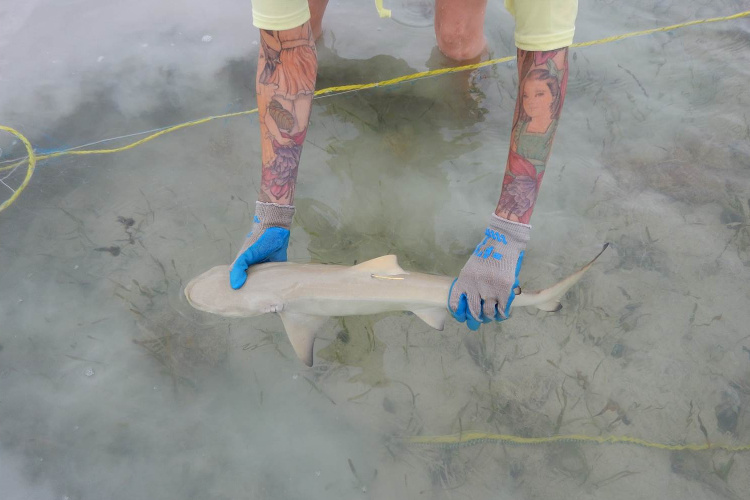
Live Long And Prosper! When it Comes To Shark Surveys, Longevity Matters
Michelle Passerotti, new chief scientist of the Coastal Shark Bottom Longline Survey, shares insights from the Atlantic shark survey that has tagged and released more than 10,000 sharks over 35 years.

Citizen Science Participation in Shark Tagging Program Grows During Pandemic
Both tag requests and number of recaptured sharks increase in 2020.
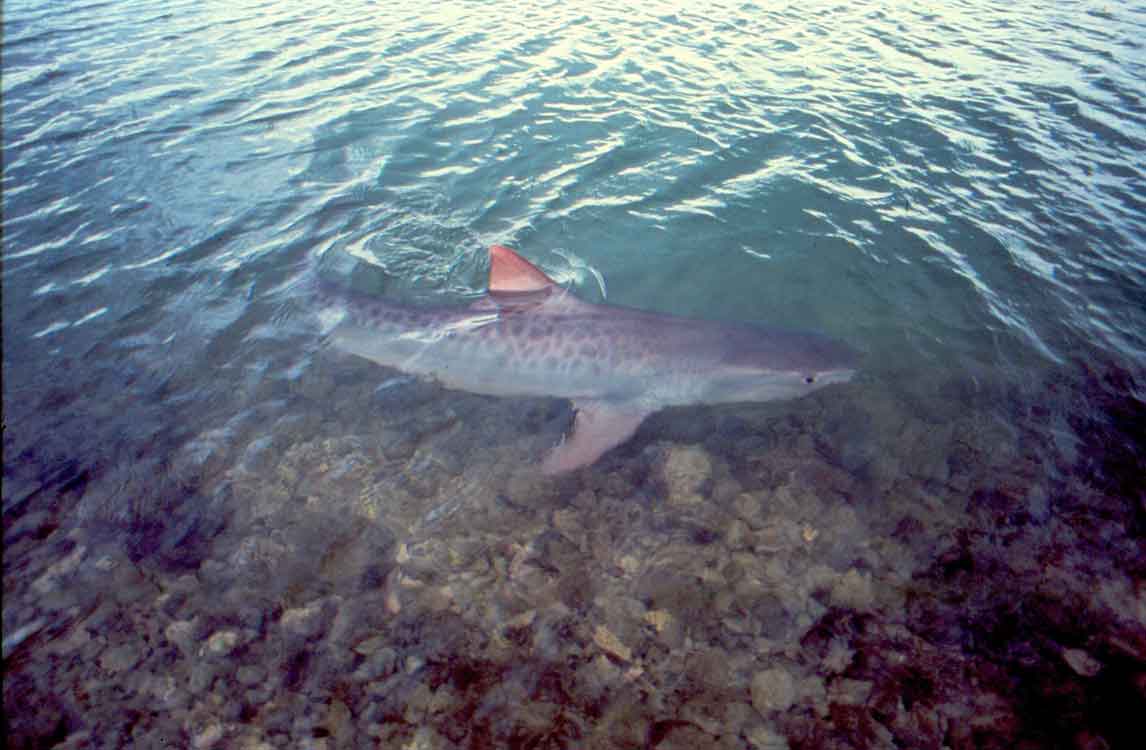
The Effects of Climate Change on Sharks
Research into the effects of climate change on fish species and finding creative ways to adapt fisheries management is a priority for NOAA Fisheries.
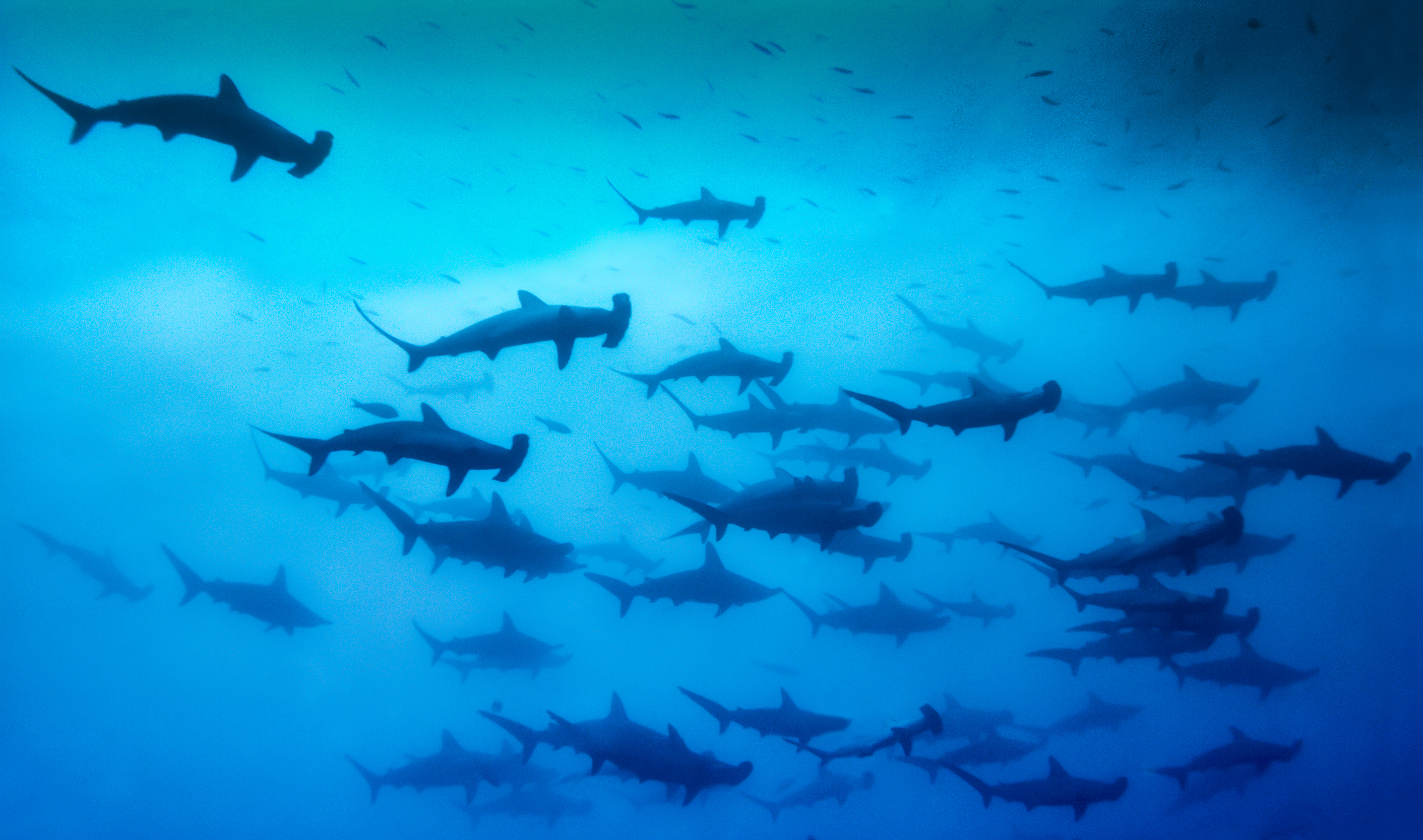
Climate Change Is Shifting Tiger Shark Populations Northward
New NOAA Fisheries study shows that tiger sharks are migrating into northern latitudes earlier and expanding their movements further north due to ocean warming. These changes leave them more vulnerable to fishing.
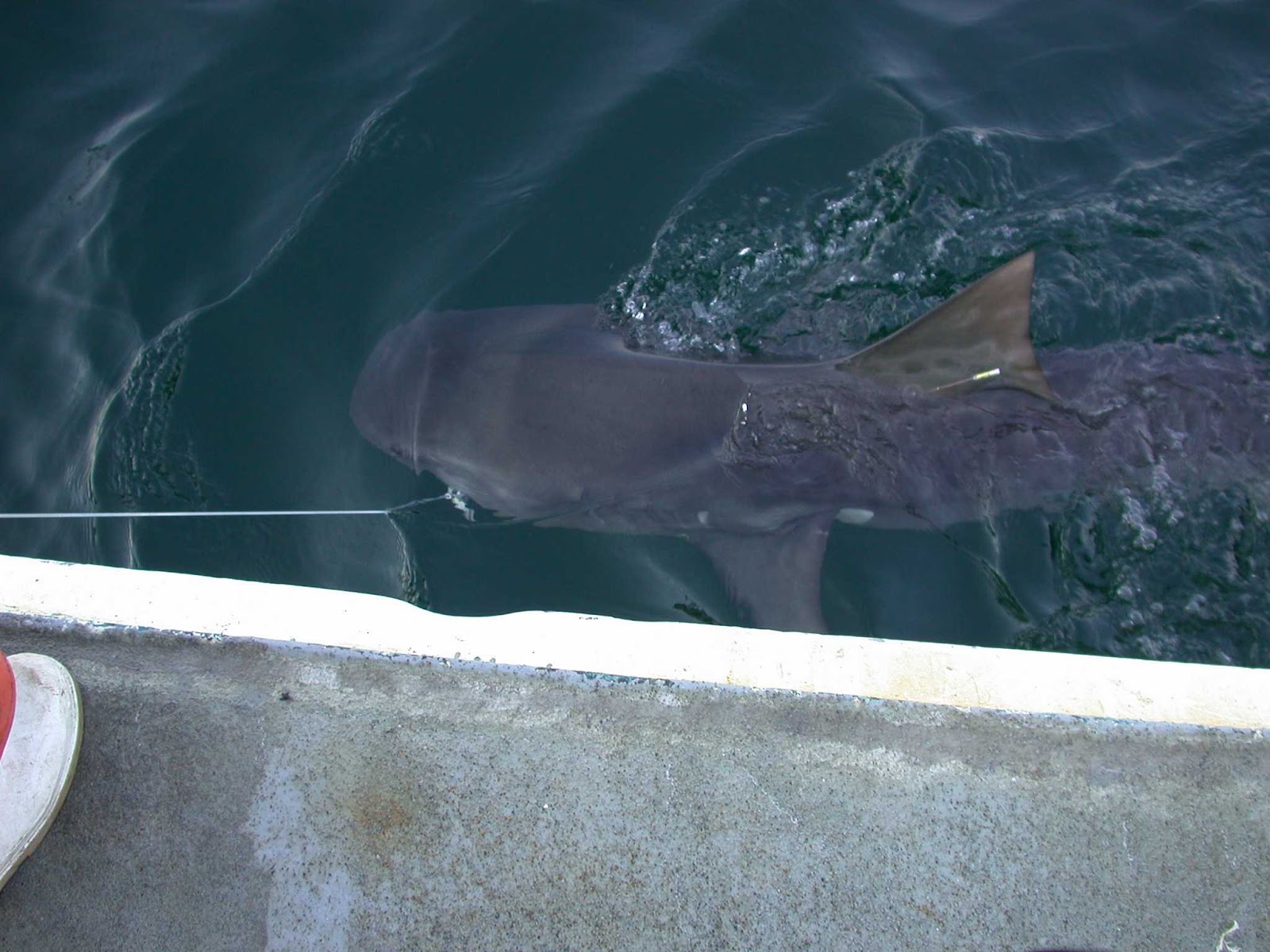
Fishermen and Scientists Work Together to Reduce Shark Bycatch in Hawai'i
Teaming up to study endangered oceanic whitetip and silky sharks off the coast of Hawai‘i Island.
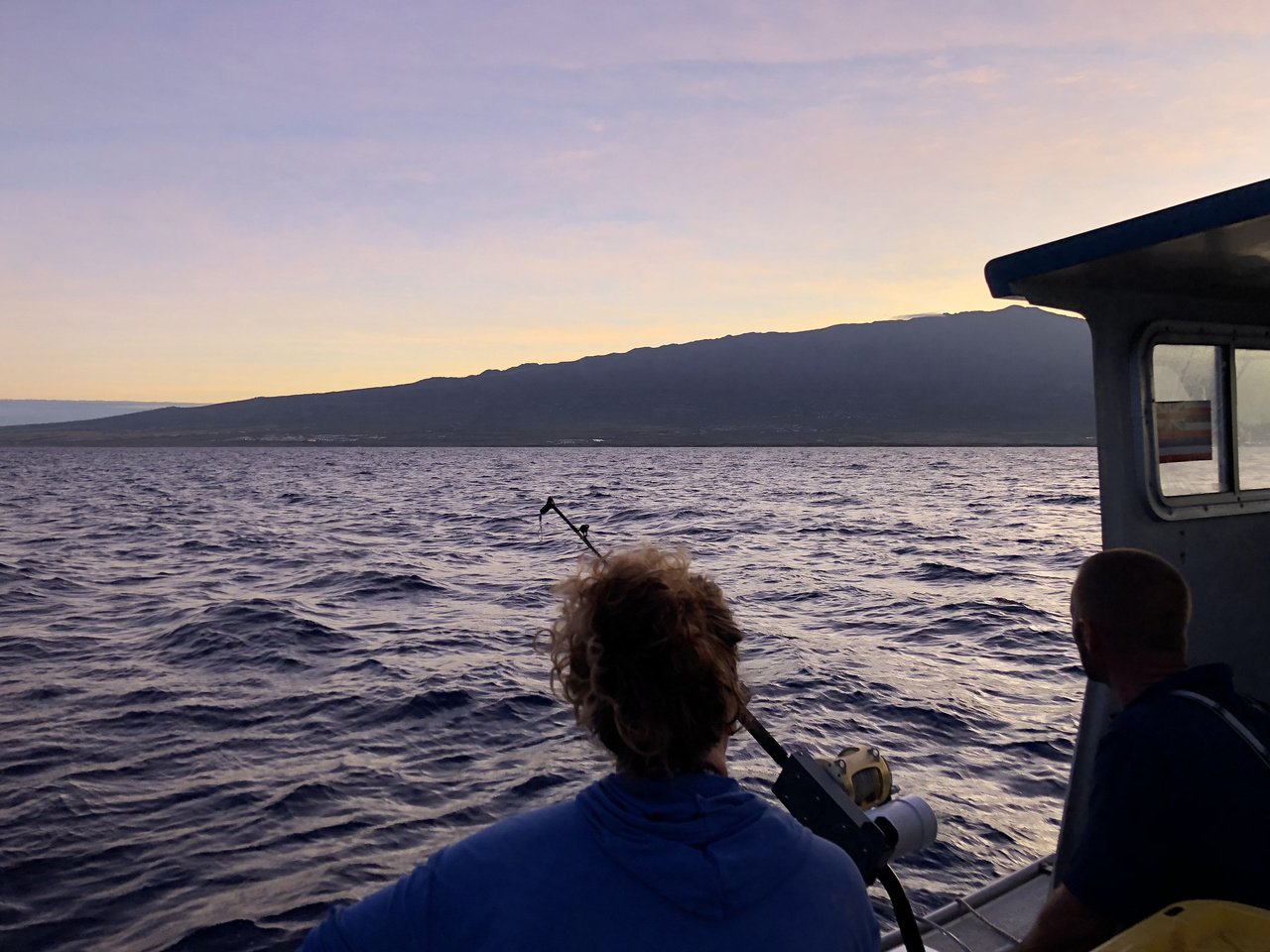
Sharks in Atlantic, Gulf, and Caribbean Coastal Waters
Sharks are found in coastal waters along the East Coast, Gulf of America (formerly Gulf of Mexico), and U.S. Caribbean. Some species populations are on the rise. But your chances of interacting with one are still very low.
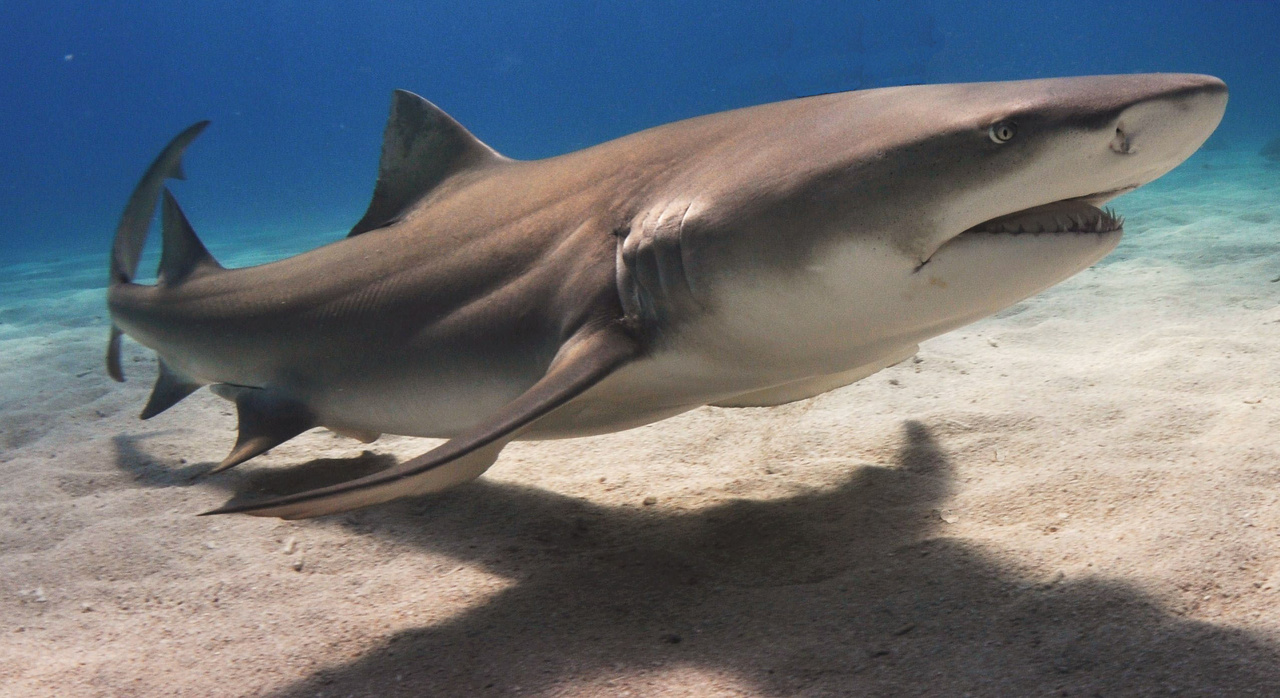
Cooperative Research in the Southeast
Cooperative research involves partnerships between the fishing industry and scientists. We work together to improve our understanding of ocean ecosystems and support the management of sustainable and productive fisheries.